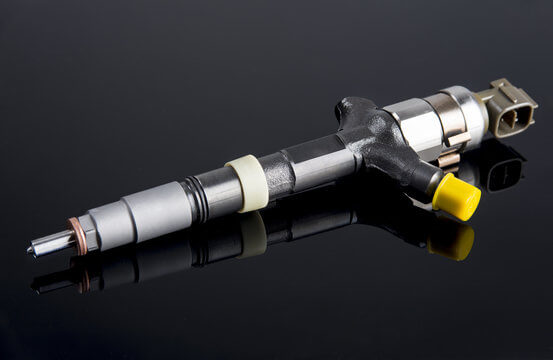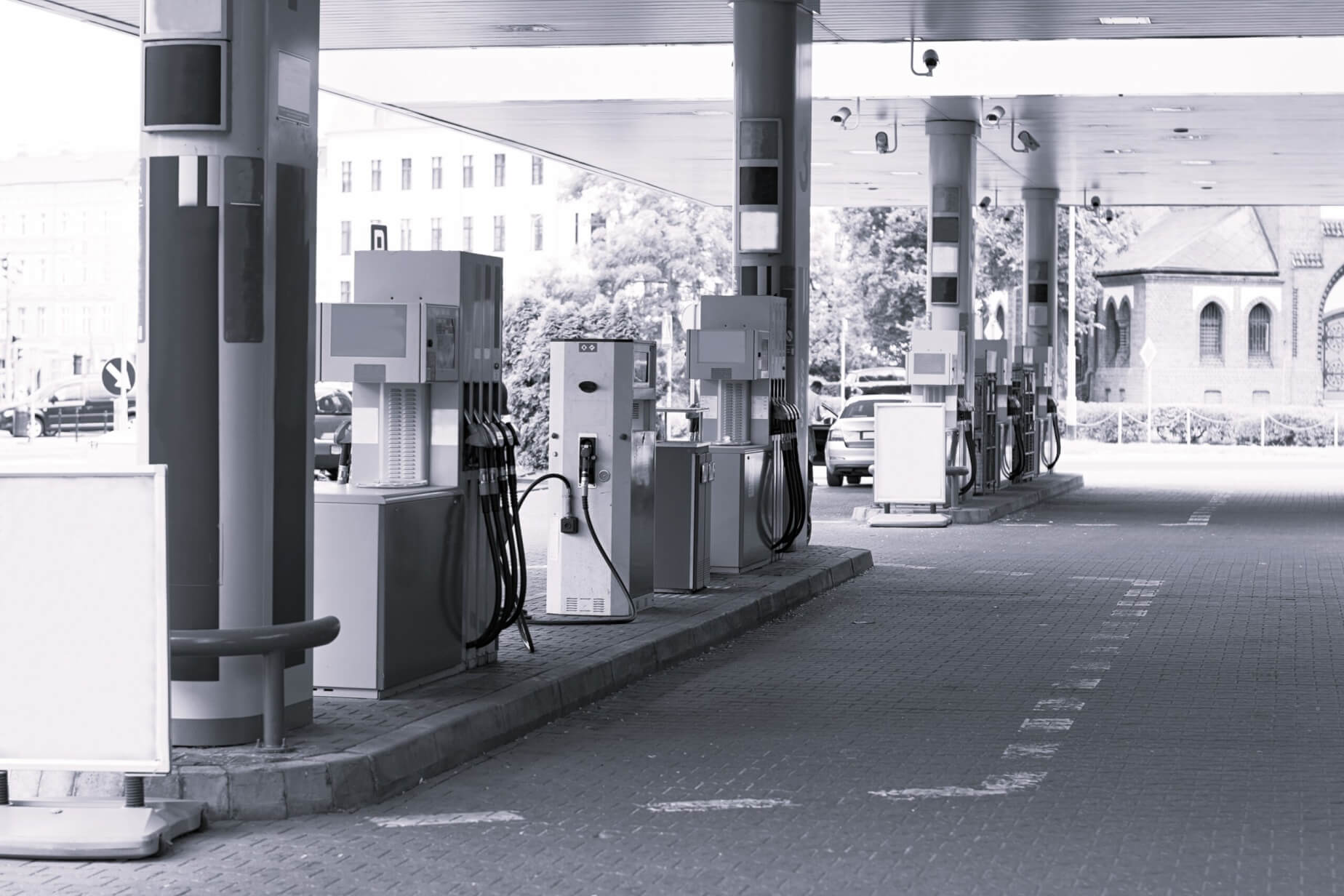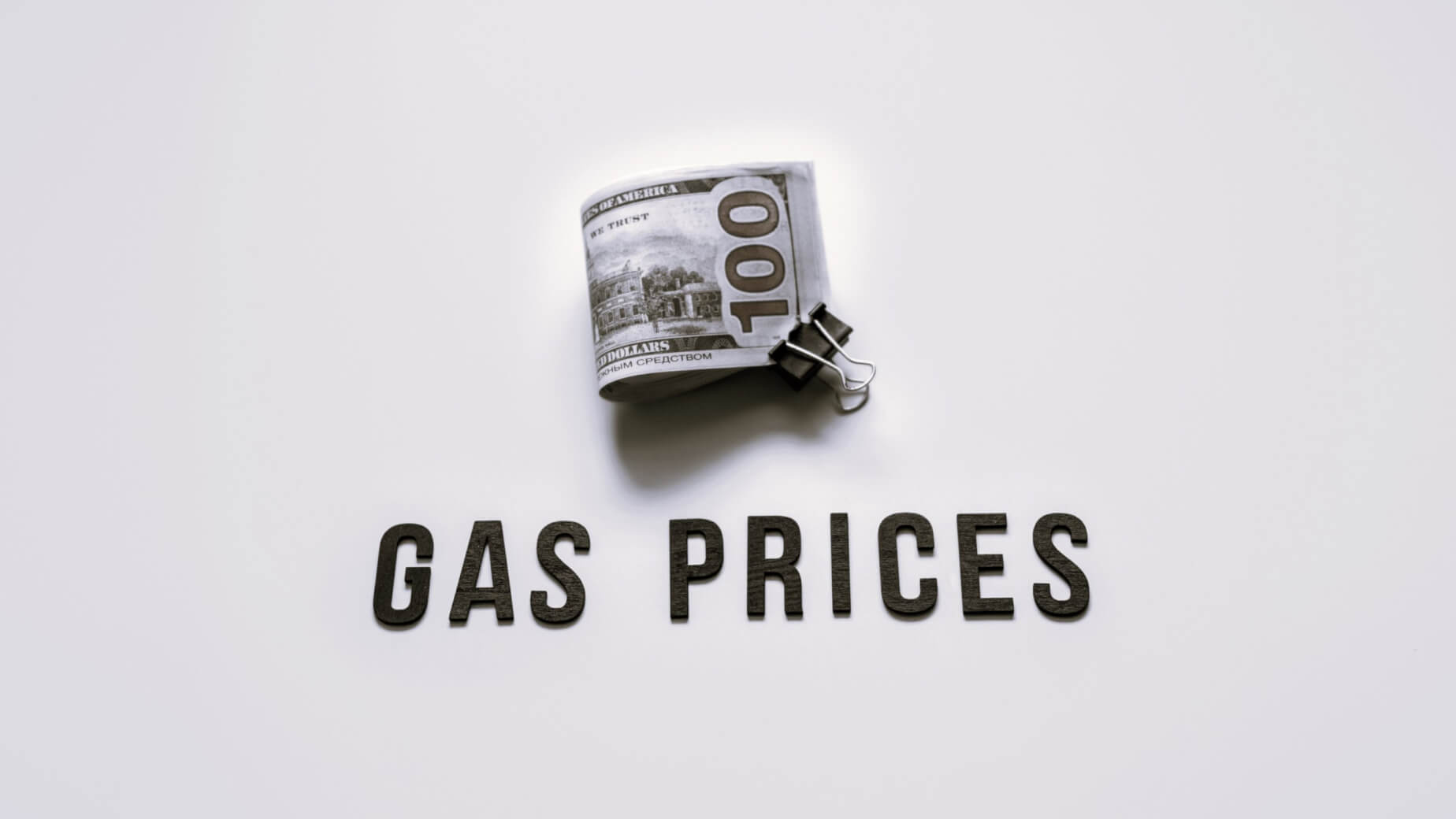Aboveground Storage Tank Maintenance – Protect Your Fuel and Storage Investment
Above Ground Fuel Tanks are a convenient, time-saving solution to keeping fuel at your facility or on your job site. There are maintenance issues that need to be considered when you own a tank. Sooner or later, you’re going to have to deal with water, rust, dirt, bacteria, and algae. It all starts with water, and it doesn’t belong in your fuel!
- Condensation is very common
- Damaged Fuel Caps or Vents
- Plugs that don’t fit well or are PVC, not metal
- Low-grade fuel from your fuel provider
What You Can Do to Keep Your Fuel Storage Tanks in Top Condition
A regular inspection schedule is key to maintaining your above ground fuel tanks. Check out this document for specific instructions and considerations. Assign a responsible member of your team to perform an inspection on a regular basis and document the results, addressing issues along the way. It starts with an outside visual inspection. You’re looking for the obvious signs of damage to your tank or corrosion. Either left unchecked could lead to serious issues down the road. These issues could be minor headaches like contamination or even more serious issues like leaks that contaminate the soil and water. Both lead to big money issues that nobody wants to deal with.
TACKLE THE ISSUES EARLY
CLOSE INSPECTION
Look for areas where water could enter your tank. This would likely be open bung holes, damaged fill caps, damaged vents, damaged plugs, damaged seals, inadequate plugs, improper vents, etc. If you see issues, fix them immediately! Now, look for damage to your tank that could have come from a vehicle or something coming in contact with your tank.
Look closely for signs of leaking, especially around the seams of the tank or damaged areas. You’re looking for wet, dirty, oily areas either on your tank, in your containment pan, or, even worse, on the ground. The plumbing to your fuel pump or pump deck is a very common source of leaking. Look at the joints closely for signs of seepage. Now, inspect your fuel hose. Is it cracking or showing signs of wear? Do you have a fuel hose breakaway installed? Does your fuel nozzle have an automatic shutoff?
QUICK QUESTIONS
You should always take time to review federal, state, county, and city requirements. Are you following these requirements? Take a look at your containment pan. Is it adequate to contain the entire volume of the tank plus overhead? Look for damage to the containment pan as well. Is the drain plug in place? Is there excessive water or fuel in the containment pan?
Diesel fuel will sit on top of the water, making it look worse than it really is if your containment pan is open and exposed to the elements. Inspect your fuel spill containment box for damage or water. If there’s water in this box, do not drain it back into the tank. Dispose of it properly
ANTI-SIPHON
Check to be sure that you have an anti-siphon valve installed and an emergency shutoff ball cock valve and that both are working properly. This is extremely important if your pump is not sitting on top of your tank. A leak that develops in your fuel pump plumbing below your fuel level will create a siphoning effect and will drain your tank. This is a huge mess and an environmental nightmare. This is especially bad if you are using a double-wall tank without a containment pan. It’s always a good idea to shut off the fuel supply by closing the ball cock valve when unattended. For more fuel safety precautions, check out our blog here, which goes over the topic extensively.
FINAL MEASURES
Now, let’s determine if there’s water in your tank. Water in your above-ground fuel tanks creates the ideal environment for algae and microorganisms to grow and thrive. That’s no good for fuel. The best way to determine if there’s water in your fuel is to install an automatic tank gauging system.
For farm or smaller job site fuel storage tanks, you can manually test your fuel with a fuel-compatible water paste on a gauge stick. You can find this paste at most Farm Supply stores.
REMEMBER: water will be sitting below the diesel at the bottom of your bulk fuel tank.
If you find that there is water in your tank, you may find a black, slimy sludge at the bottom of your tank that can cause clogged fuel pumps and filters. There are additives that will help with water and algae if you treat your fuel regularly.
“ If the situation has gotten bad, the only real way to solve this problem is to drain and clean the tank. There are professional service providers that can do this job for you onsite.
Talk to your fuel delivery supplier about measures they take to ensure you’re getting clean, water-free fuel and what ongoing testing programs they may have to help you. Working with the most qualified fuel delivery company is important.
Finally, install a good water separator and fuel filter in line after your fuel pump.
This will ensure that the diesel or gasoline is filtered and water-free before entering your sensitive equipment. This filter should be changed during your inspection intervals.
By implementing these maintenance measures to maintain your bulk fuel tank, you are ensuring the maximum efficiency and life of your bulk fuel tank for years to come. Making sure the tank is working when you need it adds up to efficiency and dollars to the bottom line.
Stop Paying Retail At The Pump– Let Us Fuel Your Above Ground Fuel Tanks
We operate 24/7/365 because we understand mobile fuel delivery needs can come at any time!
Benefits of Mobile Fuel Delivery
Our mobile fuel team will provide you a custom solution based on your day to day business needs. We will partner with you and help provide you with the best long-term solution, whether you have a fleet of trucks or trailers or just need job site fuel. Our product offerings vary from Diesel (clear or dyed) Unleaded, and DEF.
- Labor Savings
- Less Time Wasted at Fuel Stations
- Limit Your Liabilities
- Control Your Fuel Spending
- We Accept Fleet Cards
- Comprehensive Reporting
- Improved Productivity
Fuel Logic provides you with a wide range of mobile fuel solutions direct to your equipment. Whenever you need and wherever you need, we’ve got you covered. Schedule fuel online now.
Nationwide Fuel right on schedule
Fuel Logic keeps your fleet moving 24/7—reach us anytime for on-site fueling.
FAQs
How does the double wall tank compare to other tanks?
Double wall tanks offer enhanced safety features such as superior leak protection and compliance with UL-142 standards. They are designed for the storage of hazardous materials and are built to last with durable steel construction.
What is the typical size of a double wall fuel tank?
Double wall fuel tanks come in various sizes, with common capacities including 500 gallons and larger options. The size you choose will depend on your storage needs and the specific applications such as fueling generators or equipment.
What does UL-142 certification mean for aboveground tanks?
UL-142 certification indicates that a tank has been tested and meets specific safety standards for the storage of flammable and combustible liquids. Tanks with this certification are deemed safe for use in various applications, including storage of diesel and other hazardous materials.
How can I request a quote for a new aboveground storage tank?
To request a quote for a new aboveground storage tank, you can contact a supplier or manufacturer directly. Provide details about the type of tank you need, such as size and specifications, to receive an accurate quote.
What are oil water separators and how are they used with tank systems?
Oil water separators are devices used to separate oil and other hydrocarbons from water in tank systems. They help prevent environmental contamination by ensuring that any discharge from fuel storage systems meets regulatory standards for oil content.
What are the benefits of using cylindrical double wall tanks?
Cylindrical double wall tanks provide a strong and stable structure for liquid storage. Their design allows for efficient use of space and enhanced durability, making them ideal for the storage of combustible liquids in various applications.
Nationwide Fuel right on schedule
Fuel Logic keeps your fleet moving 24/7—reach us anytime for on-site fueling.





